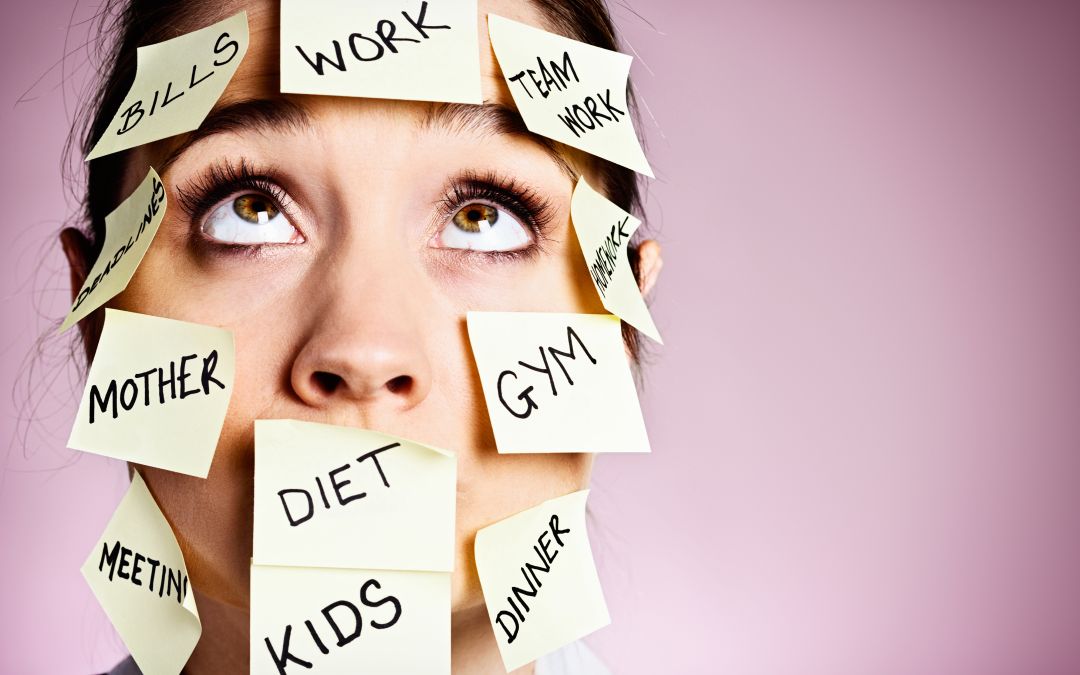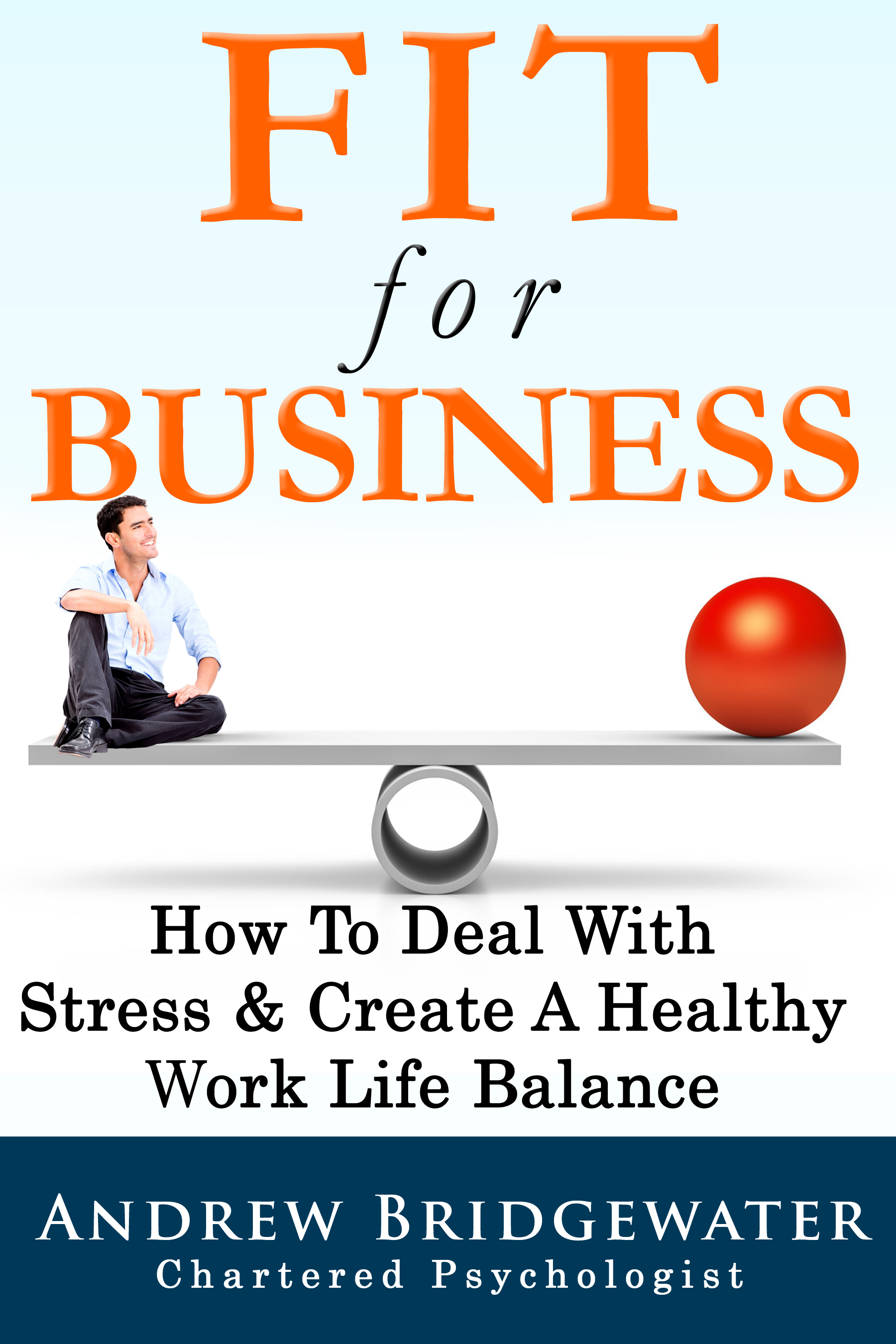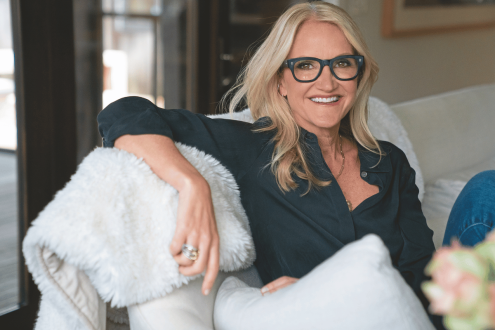How can I dissolve anxiety and depression naturally? A personal story of recovery
Andrew Bridgewater, a chartered psychologist, shares his experience of anxiety and depression as well as offering advice on how to soothe it naturally

As a 44-year-old chartered psychologist, I never expected to become a patient at a psychiatric hospital, suffering from psychotic depression (a severe form of the condition where the sufferer loses touch with reality – literally a living nightmare). The illness was triggered by a long period of work-related stress in 2005-2006 and I was admitted for my own safety, staying in hospital for over a month.
For over 10 years, I was too embarrassed to talk about it. However, the experience as well as what I’ve learned changed my life.
I’ve come to realise that anxiety and depression are never an inevitable consequence of even the most challenging life circumstances. Trying to fix negative thinking using techniques like neuro linguistic programming or cognitive behavioural therapy didn’t work for me. However, with some simple lifestyle changes and a better understanding about how our personal psychology works, we can raise our stress threshold considerably, deal with change more effectively and bounce back from life’s inevitable setbacks much more quickly.
Here are just three simple lifestyle habits that I’ve found incredibly helpful:
1. Drinking 2-3 litres of water a day with added wheatgrass helps create a strong foundation for physical and mental wellbeing.
2. Regular exercise improves oxygen supply to the brain, helps you sleep better and releases feel good hormones to counteract the negative effects of stress.
3. Quietening the mind through some form of meditation really helps too. With a less cluttered mind, we’re more relaxed, better able to find solutions to challenges and sleep better. These simple habits, as well as others I’ve discovered, compound daily to have a massive impact on physical and mental wellbeing in a relatively short period of time.
Then I came across a different understanding of our personal psychology. Based on the writings of Sydney Banks, I’d never seen this in 20 years of study and practice as a psychologist.
We don’t need to make ourselves crazy by listening to our low mood thinking – because it’s never real and our moods fluctuate, just like the weather. It’s as if we all exist in our own virtual reality, because we don’t experience circumstances or situations directly – they are always filtered through our personal thinking. We’re living in the feeling of our thinking and not our circumstances. In the words of Shakespeare’s Hamlet “There is nothing good or bad, but thinking makes it so”.
This isn’t a play on words but can be a profound and life-changing realisation.

Andrew’s recovery and the simple lifestyle changes he made are described in “Fit for Business: How to Deal With Stress & Create a Healthy Work Life Balance”. andrewbridgewater.com
Free download
FREE! Download our free 40 page Beat Anxiety Lockdown Guide for strategies and techniques from the best experts on how to feel calm in these turbulent times.
Click here: https://info.psychologies.co.
Subscribe to Psychologies
Subscribe to Psychologies, the number one mindful living magazine in the UK and gain access to free coaching courses every month, join our kind community and be inspired every day with our FREE live online events with some of the best experts in the world.
Subscribe here: https://subscription.
Photograph: iStock









